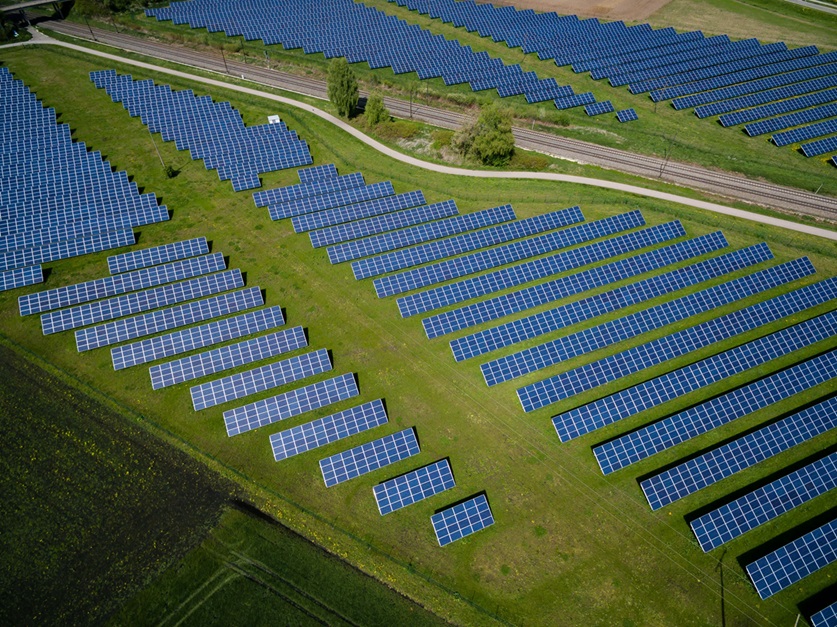Powering Progress: The Role of Industrial and Commercial Energy Storage
In the fast-paced landscape of industrial and commercial sectors, the adoption of advanced technologies plays a pivotal role in driving progress. Among these innovations, industrial and commercial energy storage emerges as a transformative force, reshaping the way businesses approach power management and sustainability. This article explores the multifaceted role of energy storage in industrial and commercial settings, elucidating its impact on efficiency, cost savings, and environmental stewardship.
Meeting the Demands of Industry
Continuous Power Supply
Uninterrupted Operations for Maximum Productivity
In industrial settings, where continuous power is critical, energy storage systems ensure uninterrupted operations. The ability to store excess energy during low-demand periods provides a reliable backup, mitigating the impact of power outages and fluctuations. This resilience translates into maximum productivity, reducing downtime and optimizing overall efficiency.
Demand Management
Strategic Control Over Energy Consumption
Energy storage allows industries to exercise strategic control over their energy consumption. By managing energy demands during peak periods, businesses can mitigate the associated costs. This intelligent approach to demand management not only contributes to financial savings but also supports a more efficient and sustainable operation.
The Economics of Commercial Energy Storage
Peak Demand Cost Mitigation
Smart Management for Financial Efficiency
In commercial sectors, where energy costs can be a significant operational expense, energy storage provides a solution for mitigating peak demand costs. By drawing on stored energy during peak periods, businesses can reduce their reliance on grid power, resulting in substantial financial savings over time. This strategic approach to energy consumption enhances the economic viability of commercial enterprises.
Increasing Property Value
Sustainability as a Marketable Asset
Commercial properties equipped with energy storage systems gain a competitive edge in the real estate market. As sustainability becomes a key consideration for businesses and investors, the inclusion of energy storage enhances property value. Commercial spaces that prioritize environmental stewardship are not only attractive to tenants but also position themselves as forward-thinking and environmentally responsible entities.
Sustainability as a Core Principle
Carbon Footprint Reduction
Contributing to Global Environmental Goals
The integration of energy storage aligns with the global push to reduce carbon footprints. Industries and commercial enterprises, often significant contributors to emissions, can leverage energy storage to optimize their energy consumption. This reduction in reliance on non-renewable sources positions businesses as contributors to environmental stewardship and aligns with broader sustainability goals.
Renewable Energy Integration
Maximizing the Potential of Clean Energy Sources
Energy storage facilitates the seamless integration of renewable energy sources in industrial and commercial settings. Whether it’s harnessing solar power during the day or wind energy during specific conditions, storage systems enable businesses to maximize the potential of clean energy. This integration not only reduces reliance on conventional power but also establishes businesses as proponents of renewable energy adoption.
Future-Proofing Industrial and Commercial Operations
Technological Advancements
Continuous Innovation for Enhanced Efficiency
The field of industrial and commercial energy storage is dynamic, with continuous technological advancements enhancing its capabilities. From more efficient batteries to advanced energy management systems, ongoing innovation ensures that storage solutions evolve with the needs of modern businesses. This continuous improvement contributes to future-proofing operations, allowing businesses to stay at the forefront of technological efficiency.
Grid Independence
Enhancing Resilience and Security
Energy storage systems offer the potential for grid independence, allowing businesses to operate autonomously during emergencies or grid failures. This enhanced resilience ensures the security of critical operations, especially in industries where continuity is paramount. The ability to function independently of external power sources safeguards businesses against unforeseen disruptions, contributing to overall operational security.
Conclusion: Energizing a Sustainable Future
In the realm of industrial and commercial operations, energy storage emerges not just as a technological solution but as a catalyst for progress. By ensuring uninterrupted power supply, optimizing energy consumption, and contributing to sustainability goals, energy storage systems become integral to the success and resilience of businesses. As industries and commercial enterprises embrace the possibilities of energy storage, they not only power their progress but also contribute to a more sustainable and resilient future.
Post time: Jan-24-2024


